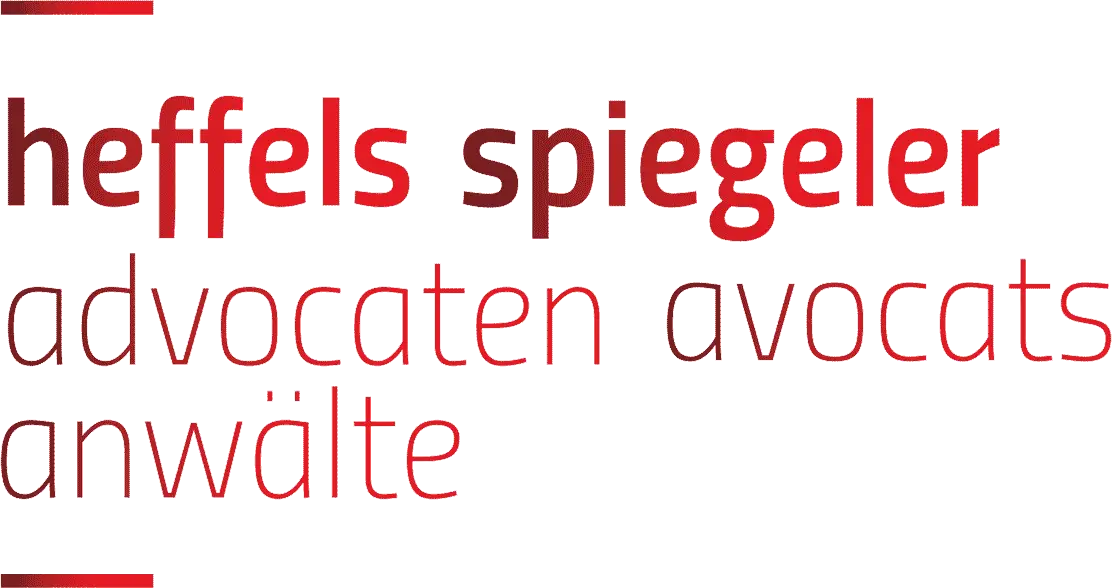 After recently blowing the first candle of the entry into force of the law reforming the Dutch law on Arbitration, we will take the opportunity to briefly come back on it.
After recently blowing the first candle of the entry into force of the law reforming the Dutch law on Arbitration, we will take the opportunity to briefly come back on it.
The law of 1st January 2015, inspired by the UNCITRAL Model Law, acknowledged the developments that occurred in the field of Arbitration since the entry into force of the law of 1st December 1986, which regulated the matter until then. The new law is applicable to all arbitration procedures initiated from 1st January 2015, as well as related proceedings before national courts.








